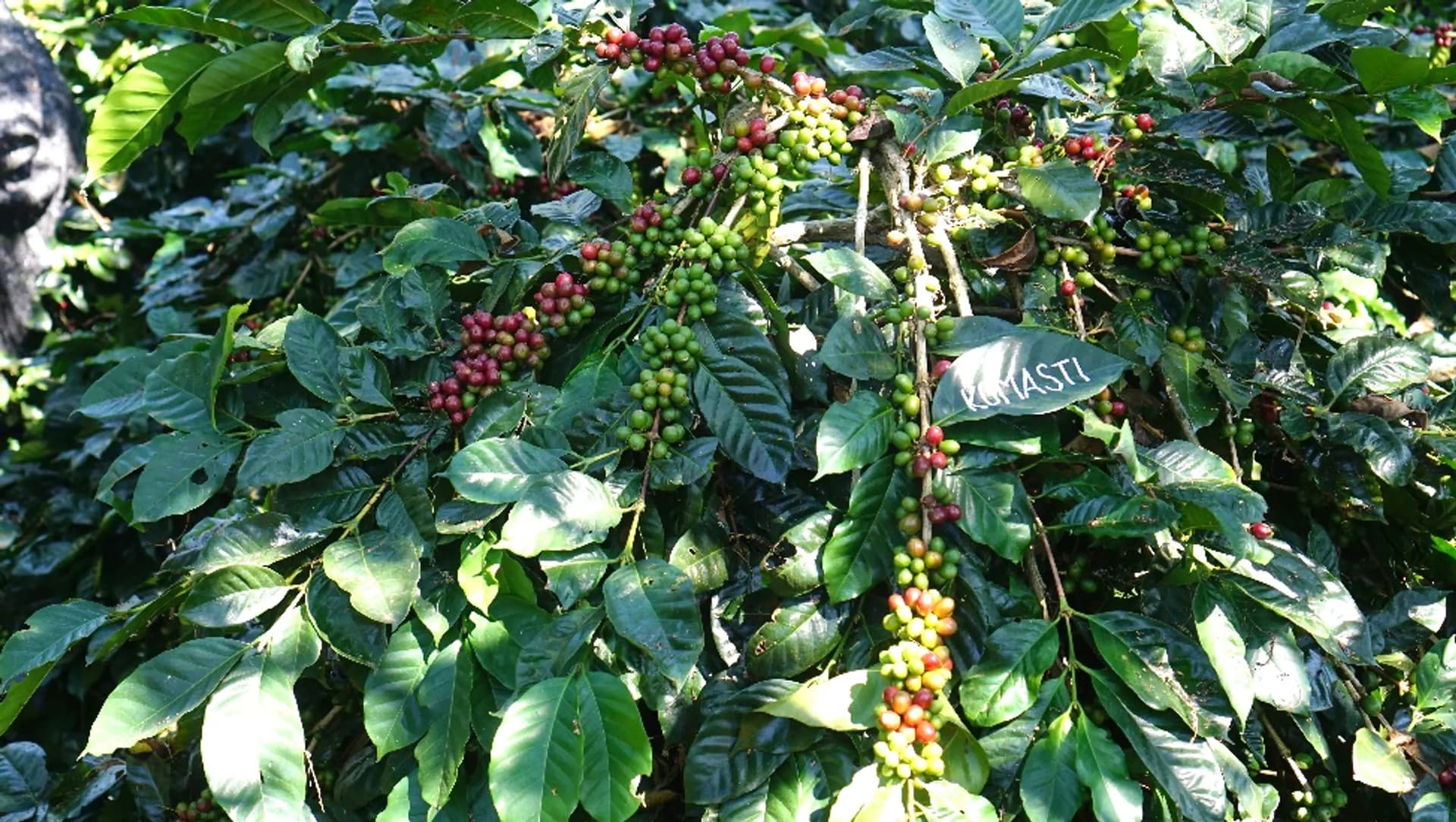In recent years, Indonesia, a global coffee powerhouse, has grappled with the challenges of climate change and an increase in pests and diseases affecting coffee production. For the 2023/24 season, the United States Department of Agriculture (USDA) Foreign Agriculture Service (FAS) has forecasted a 32% drop in Indonesian coffee exports due to supply shortages caused by heavy rainfall disrupting the production process and diminishing yields.
Addressing these challenges head-on, the Indonesian Coffee and Cocoa Research Institute (ICCRI) has embarked on agricultural research endeavors. One significant breakthrough is Komasti, an arabica variety celebrated for its robust disease resistance and high yield potential. While officially introduced in 2013, Komasti has struggled to gain traction among farmers due to limited awareness, testing, and accessibility.
In 2022, ICCRI joined forces with World Coffee Research (WCR) to initiate a demonstration plot program in West Java, aiming to showcase Komasti’s exceptional performance to local farmers.
“We envision building a thriving coffee community around these demonstration plots—this program could set the gold standard for arabica coffee cultivation in Indonesia,” says one enthusiastic proponent.
In its initial phase, WCR, with support from industry partners Frinsa Agrolestari and PT Sucafina Indonesia, established the demonstration plots and oversaw their first year. As the program advances into 2023, these partners will assume local management and continue monitoring the project’s development.
While the inaugural harvest is anticipated between May and July of 2025, Nuzul Qudri, WCR’s Regional Project Manager in Asia, notes that farmers in the vicinity of the demo plots have already shown interest in Komasti. They’ve observed its vigor during the early growth stages, surpassing existing local varieties.
ICCRI is confident that the demonstration plots will effectively convey to farmers that Komasti can deliver higher yields than the currently prevalent varieties in Indonesia. This is a crucial factor in enabling farmers to adapt to the ongoing challenges posed by climate change.
Furthermore, ICCRI intends to expand the demo plot program into other arabica and robusta growing regions, ensuring the efficient distribution of their innovative varieties.
Dini Astika Sari, Director of ICCRI, underscores the importance of disseminating these new varieties: “The dissemination of our new variety is a pivotal step towards sustainable coffee production in Indonesia. By introducing farmers and coffee stakeholders to our superior variety through this program, we aim to provide growers with better planting materials, boost their income, and foster a resilient coffee community around the demonstration plots. This program could very well become a beacon for exceptional arabica coffee cultivation in Indonesia.”

